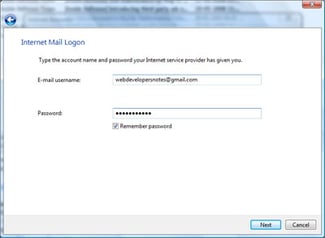
OK, so here is the latest scam of the week, possibly fueled by the recent news that we have run out of IPv4 addresses in the U.S.
Employees receive an email which claims to be from the "IT Services Support Department". Obviously this is not legit, and a phishing scam tricking users so they enter their email account login credentials.
It tells your user their internet capacity has reached 70% and that is why they need to contact support to avoid further problems. There is a "contact us" link in the email message so that the user can resolve the issue. Clicking
the link redirects the user to a bogus "Help Desk" webpage asking them to submit their email account username and password, and when done a Thank-You page appears.
The user may think the issue has been resolved, but the data has been harvested by cyber criminals and they will try to hijack their email account for other criminal purposes.
I suggest you send something like this to your friends, family and employees:
"There is a scam doing the rounds where you may get an email from 'IT Services Support Department' which claims your internet capacity is at 70% and you need to contact support. Clicking the link you are asked to leave your user name and password at a Help Desk site. This is a scam and cyber criminals are trying to hijack your email account. These scam emails may arrive in the office or at the house.
"Sometimes in the past you might have gotten notifications from your Internet provider about your email account exceeding its maximum storage limit. However, the name of the service provider is always clearly
visible in these kinds of emails, and they never ask you to click on a link to rectify the issue. So, Think Before You Click!"
For KnowBe4 customers, we have created a simular simulated attack you can find at System Templates -> IT Group -> Internet Capacity Warning. Sent this template to your users to inoculate them against this type of attack.
If you are not a KnowBe4 customer yet, find out how affordable our new school security awareness training is and be pleasantly surprised:





